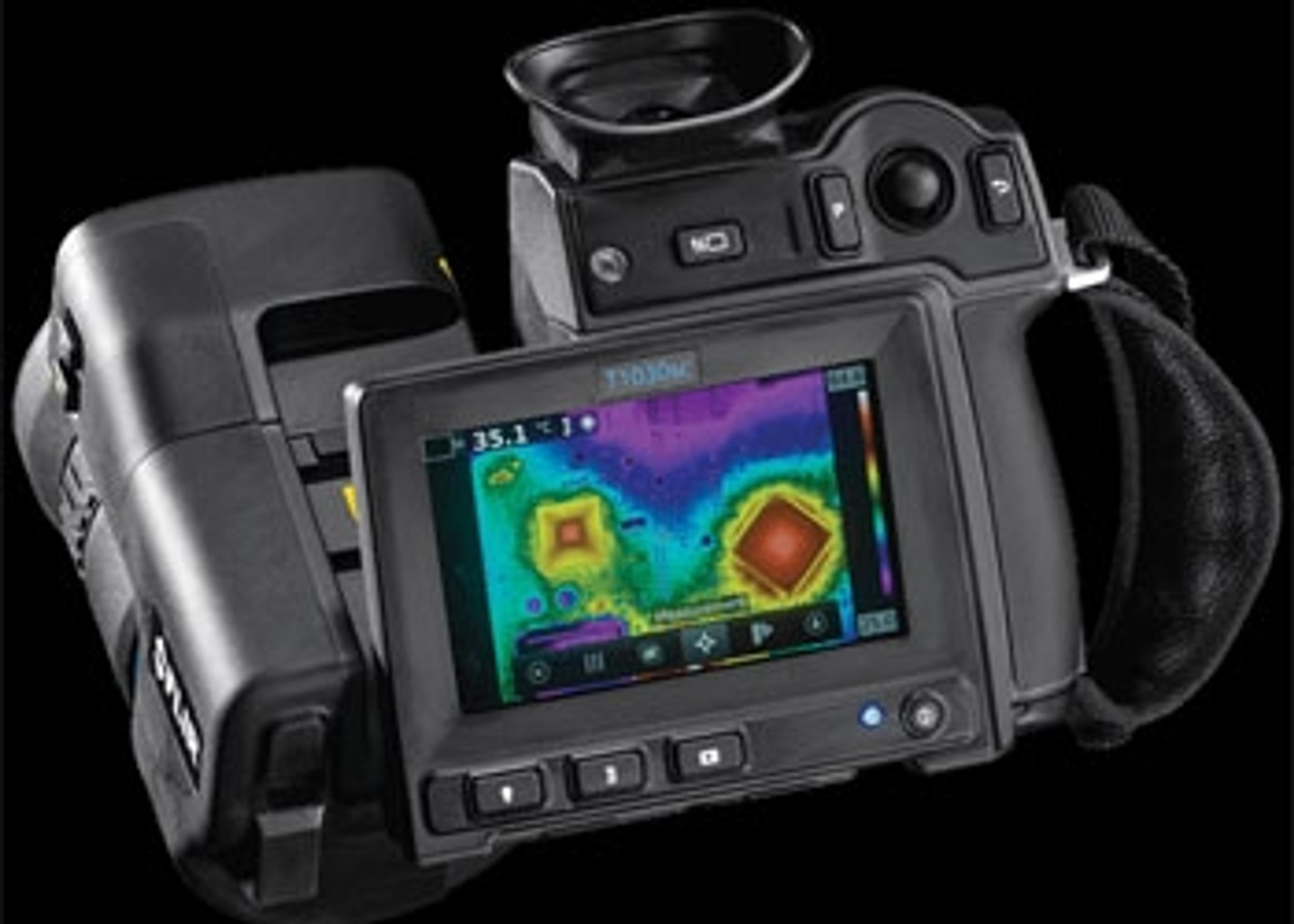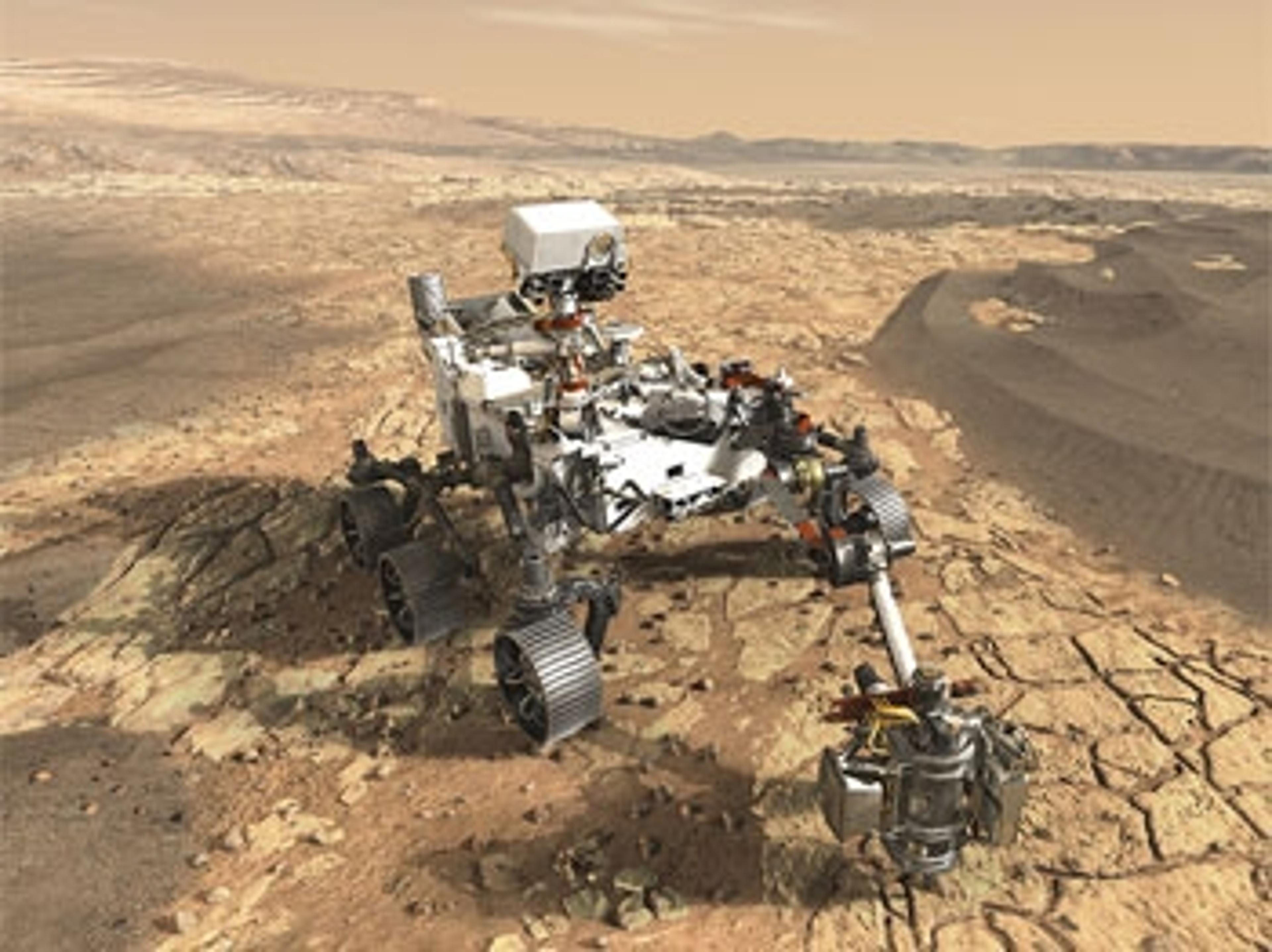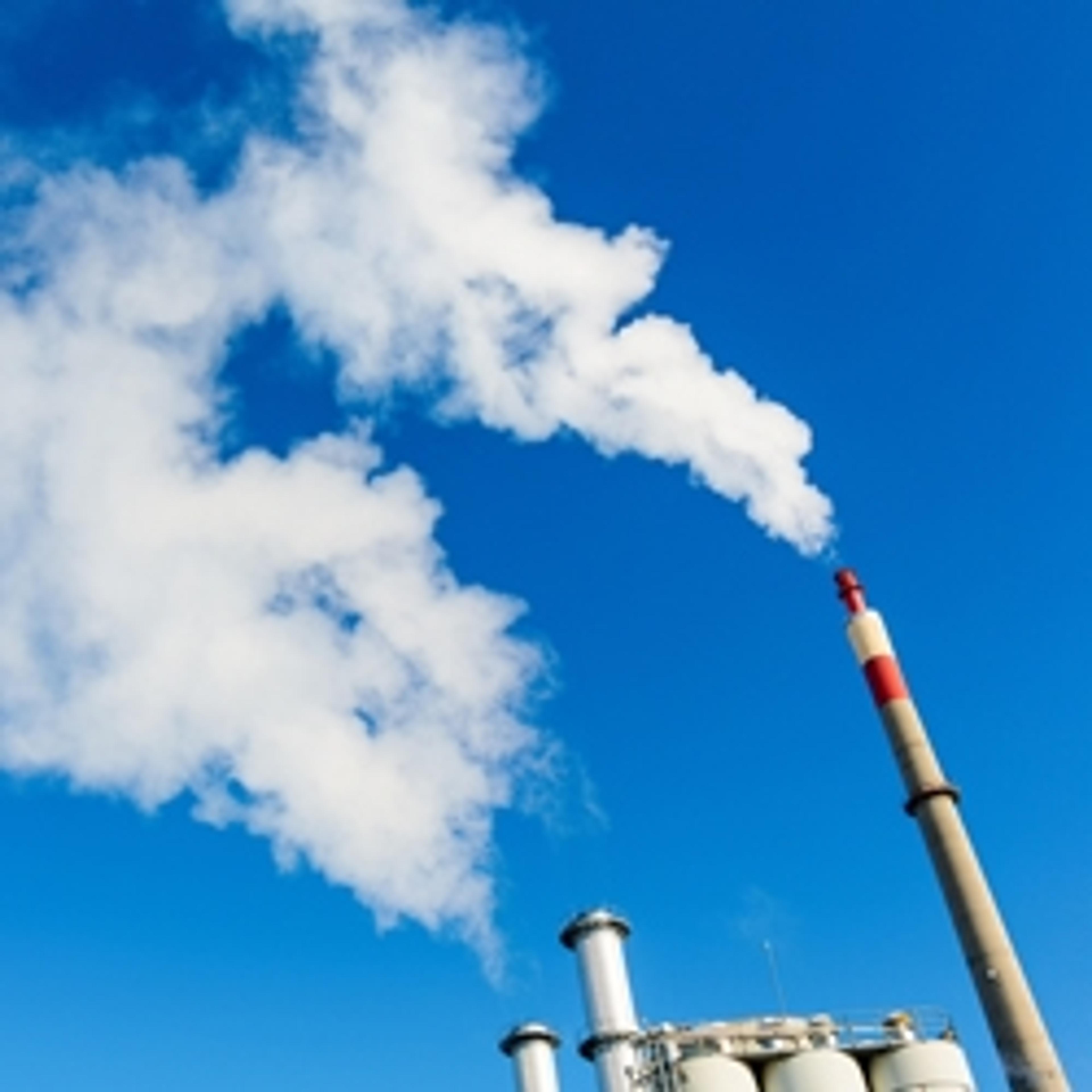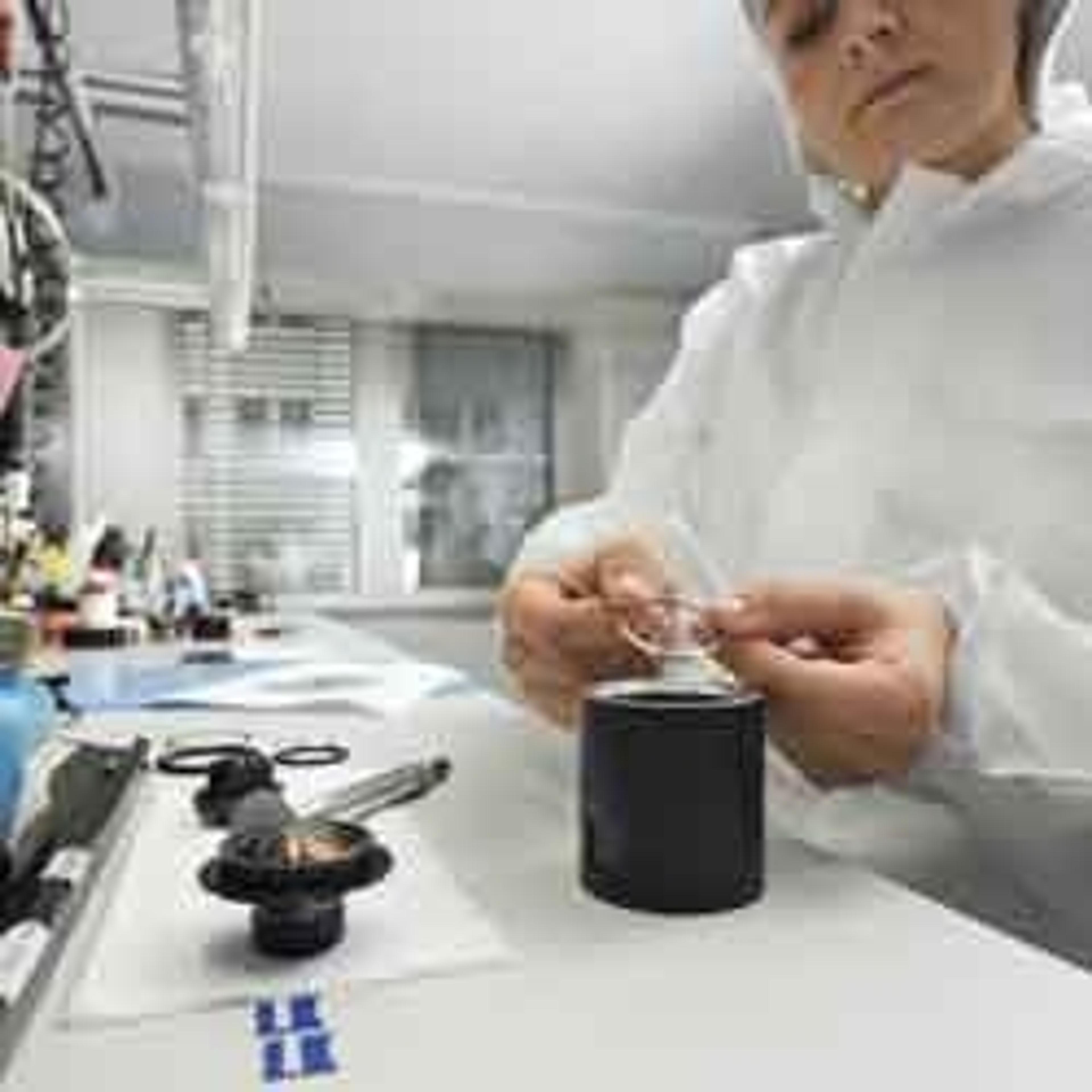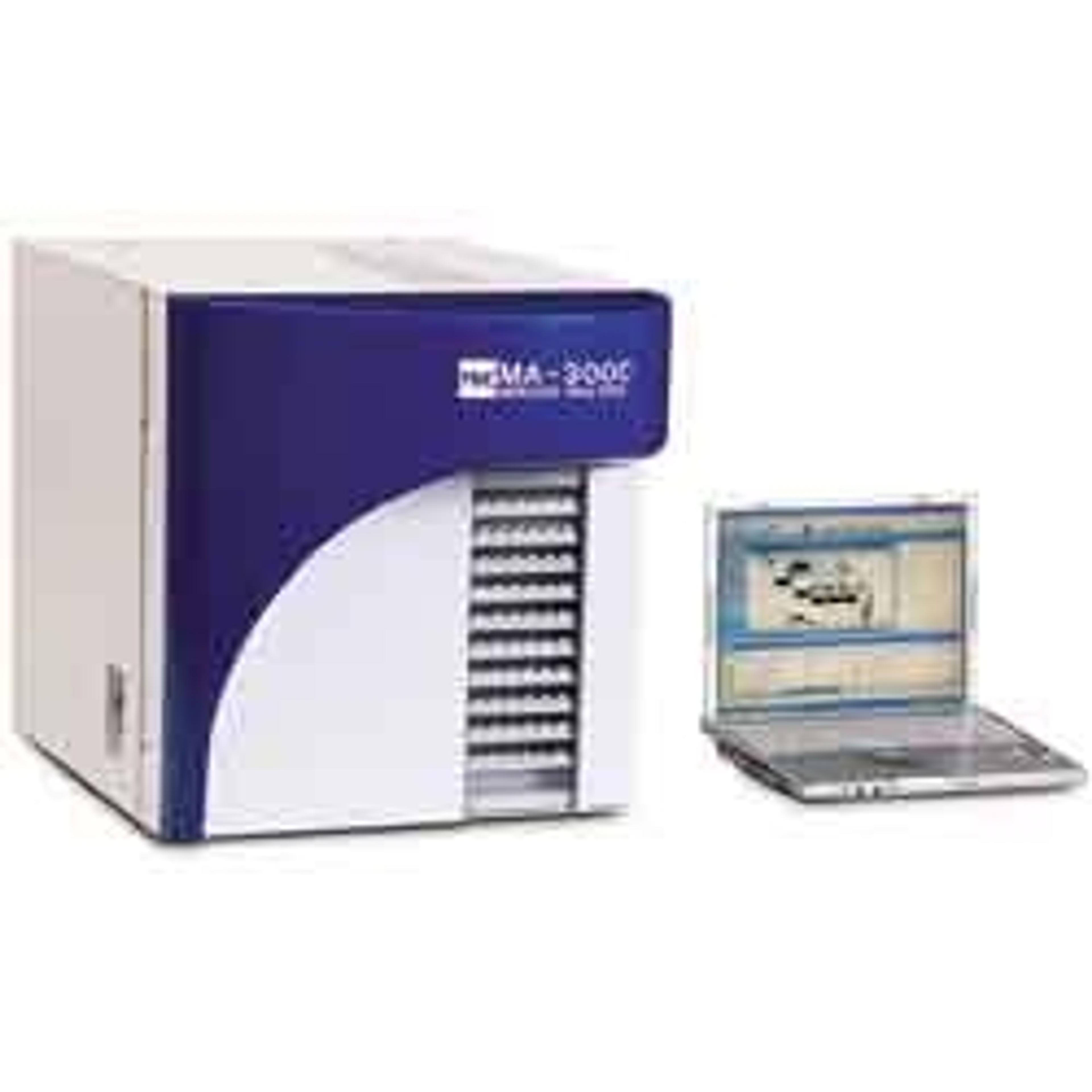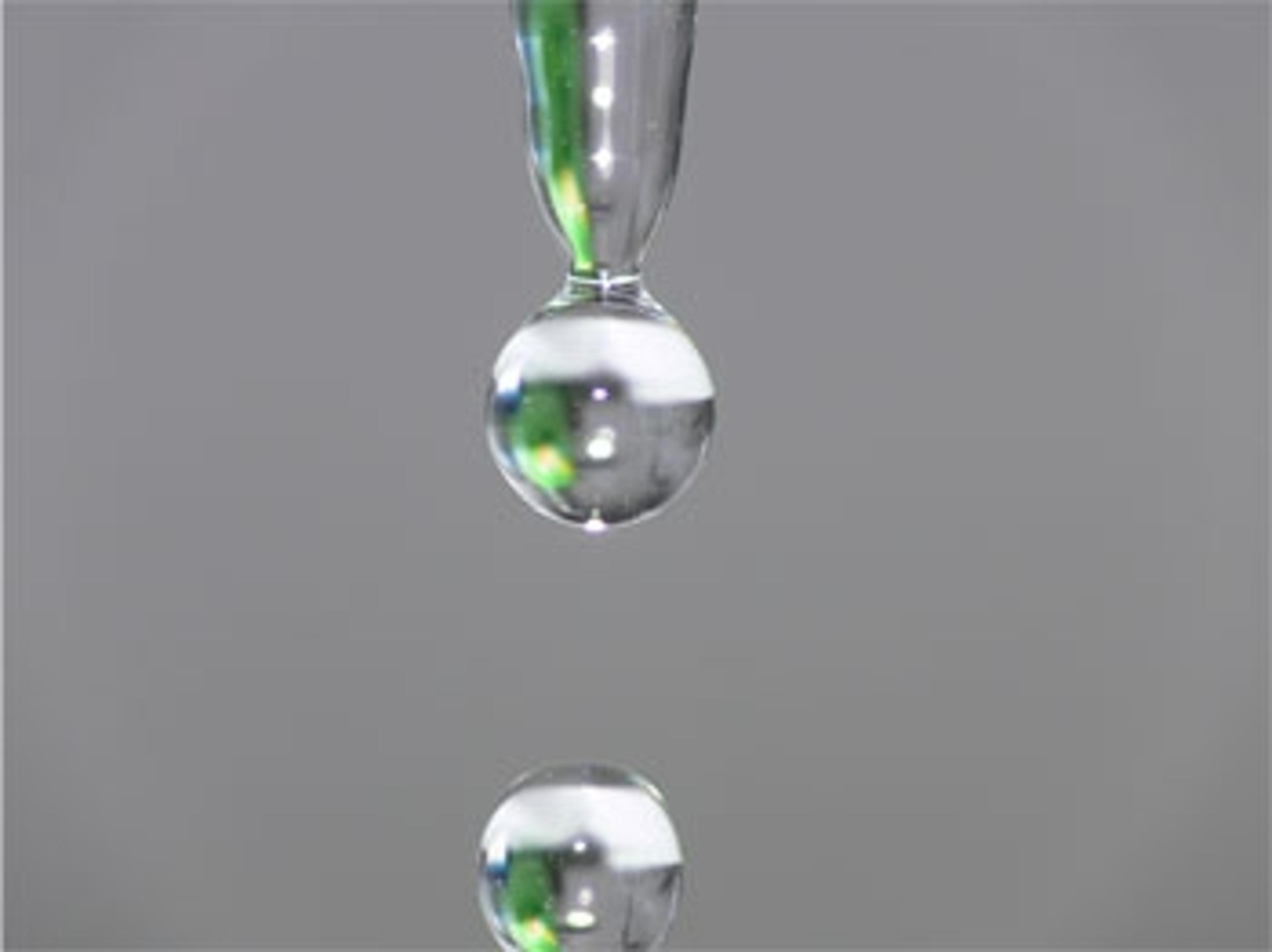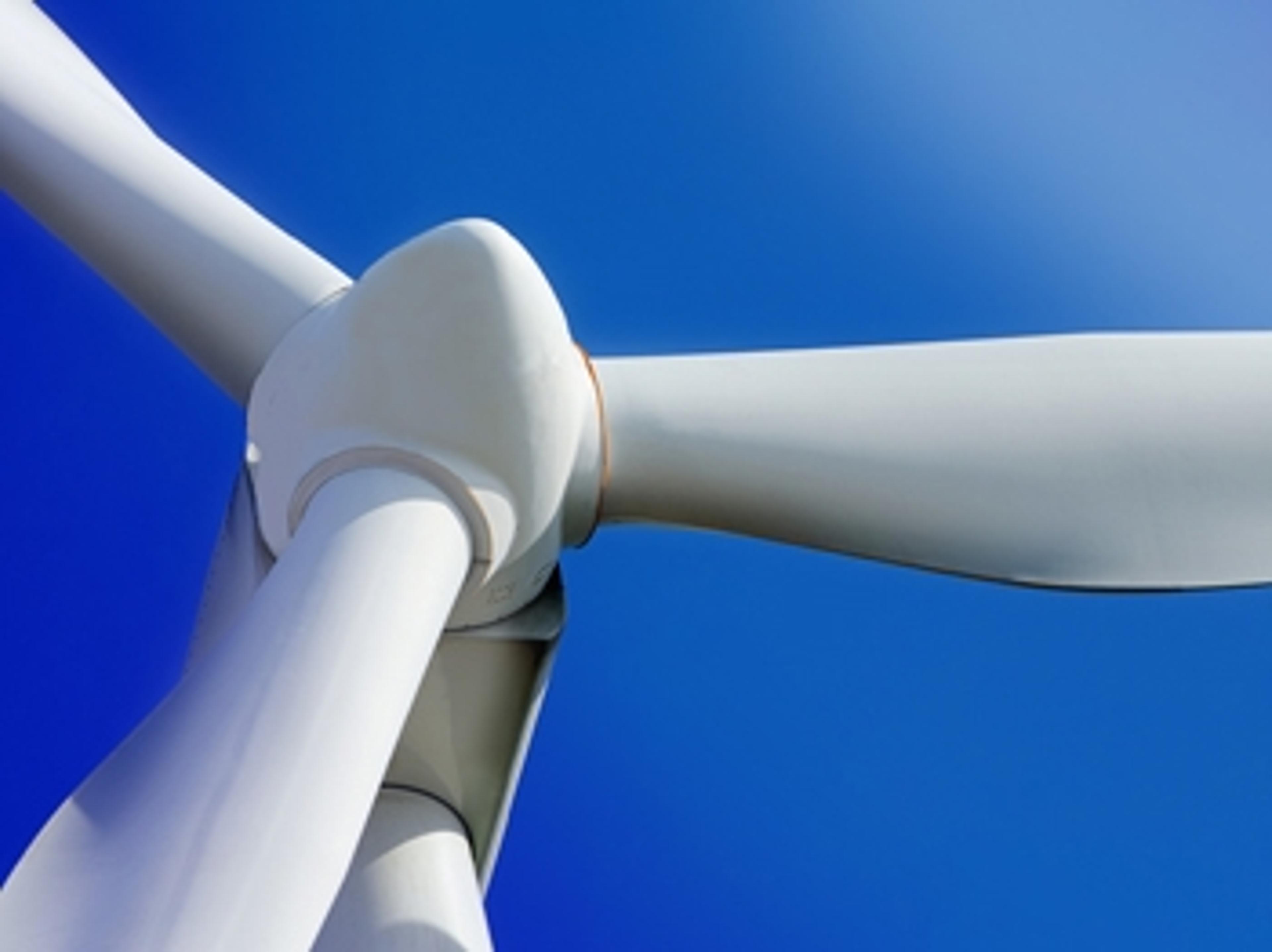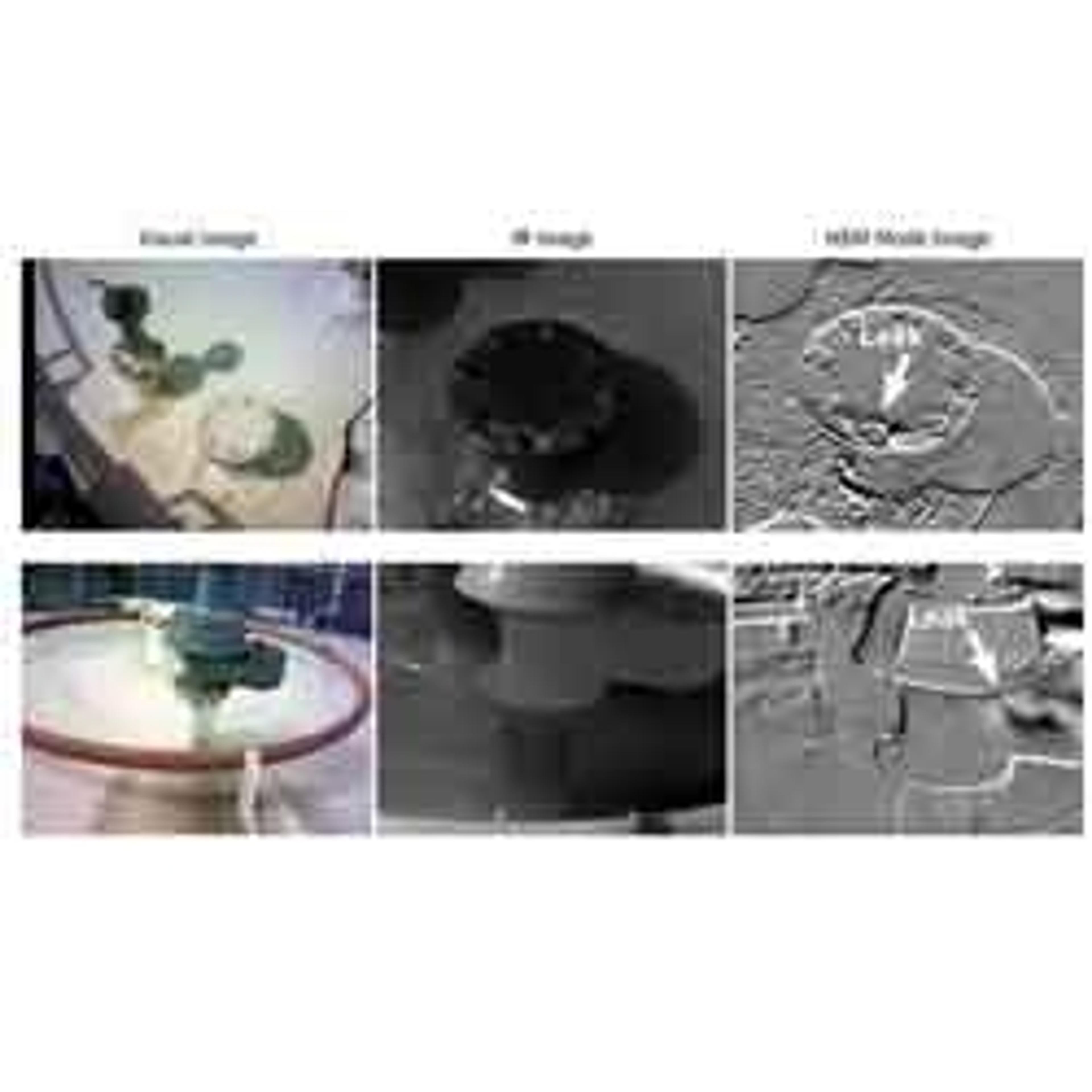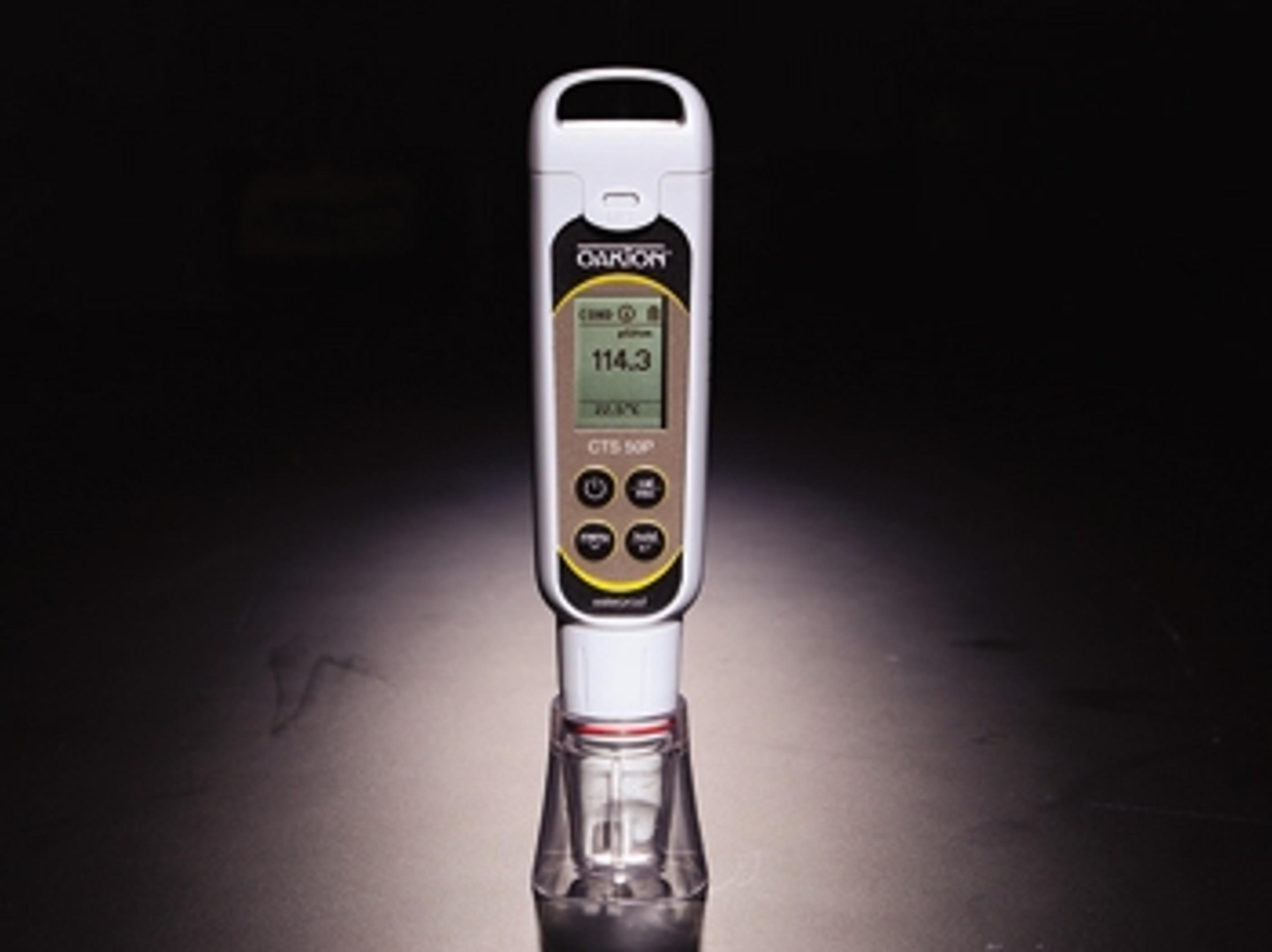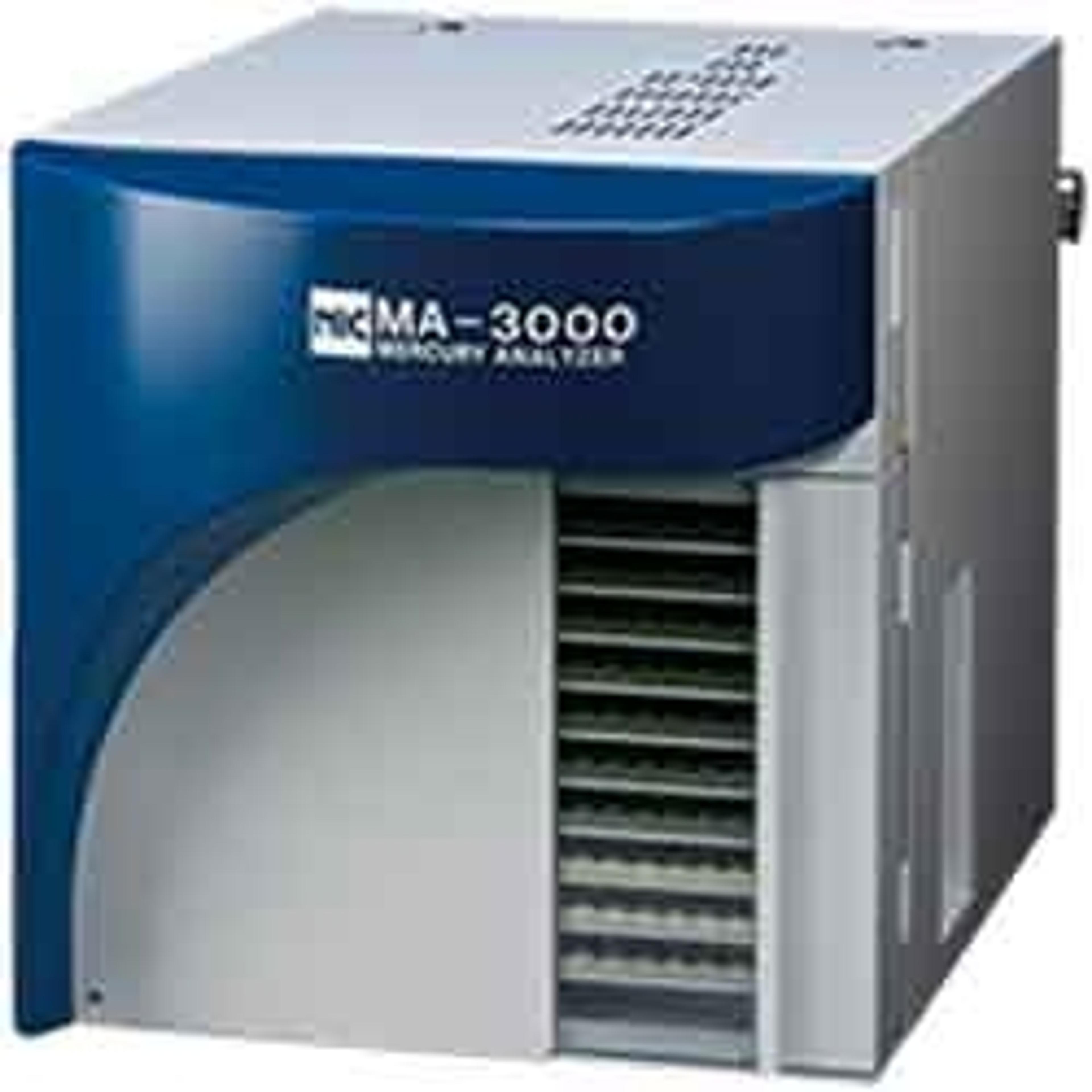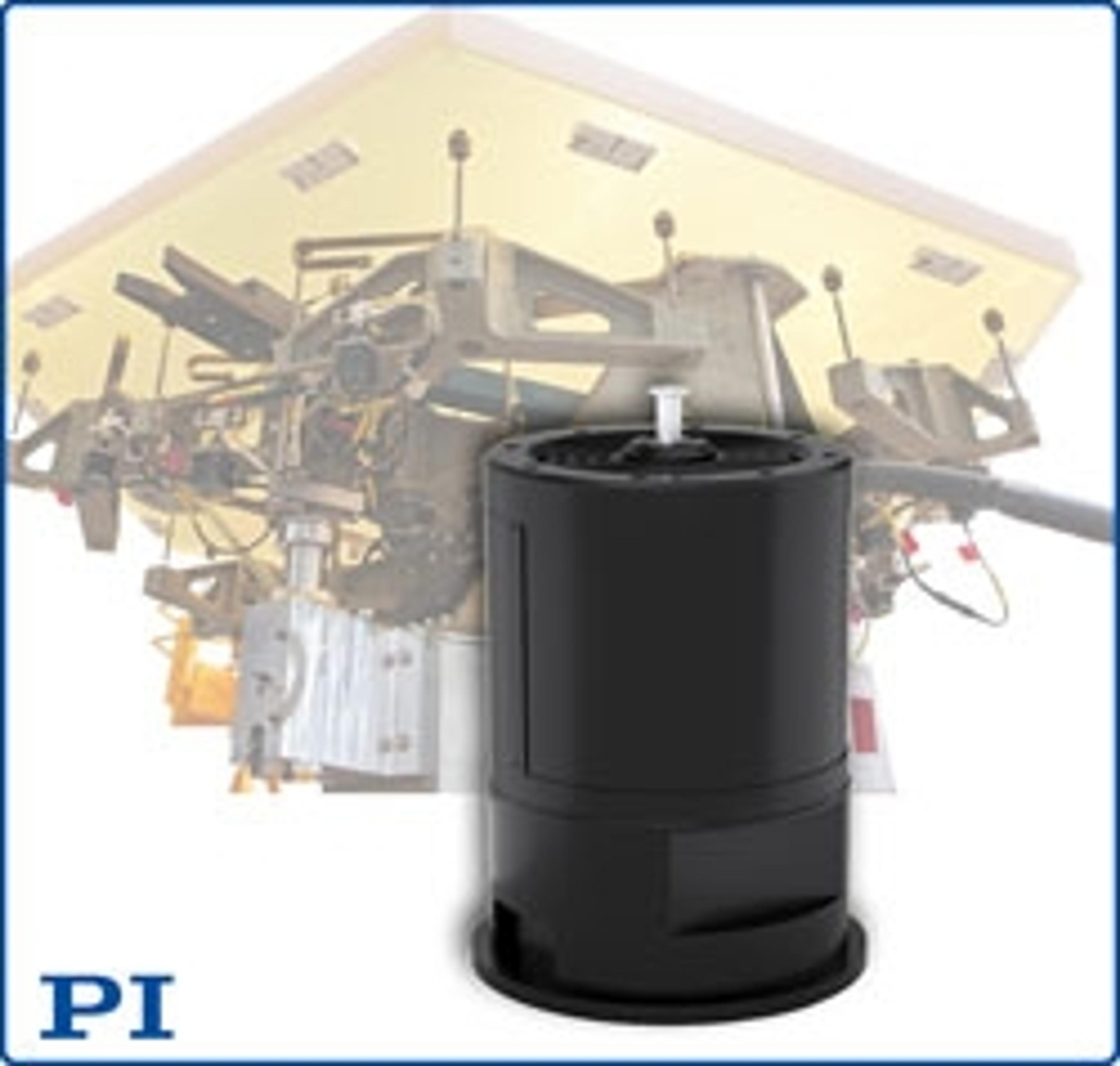News & Articles
Selected Filters:
Microwaves Could Be as Bad for the Environment as Cars, Suggests New Research
Microwave usage across the EU alone emits as much carbon dioxide as nearly seven million cars according to a new study by the University of Manchester.
Earthquakes as a Driver for the Deep-Ocean Carbon Cycle
An international team led by geologist Michael Strasser has used novel methods to analyze sediment deposits in the Japan Trench in order to gain new insights into the carbon cycle
Jet Stream Changes Since 1960s Linked to More Extreme Weather
By using tree rings, the UA-led team developed the first reconstruction of historical changes in the North Atlantic jet stream prior to the 20th century
More Frequent Fires Reduce Soil Carbon and Fertility, Slowing the Regrowth of Plants
Long-term effects of repeated fires on soils found to have significant impacts on carbon storage not previously considered in global greenhouse gas estimates.
Webinar highlights - Perfluorinated and Polyfluorinated Chemicals in the Environment – What’s the Big Deal?
Explore the latest methods, regulations and testing techniques used in the detection of these compounds in drinking water.
Creating Stunning Photos from the Unexplored Ocean Depths
Fraunhofer IOSB and ZEISS cooperate as part of the Ocean Discovery XPRIZE competition
Biomimic Tree - Pushing Agriculture Up the Agenda
Free Webinar: Perfluorinated and Polyfluorinated Chemicals in the Environment – What’s the Big Deal?
Learn about the latest techniques used to detect these impactful environmental chemicals
Diversity of Large Animals Plays Important Role in Carbon Cycle
With abundant data on plants, large animals and their activity, and carbon soil levels in the Amazon, Stanford research suggests that large animal diversity influences carbon stocks and contributes to climate change mitigation
Soil Holds Potential to Slow Global Warming
If managed properly, research suggests the land under our feet could offset a significant amount of carbon emissions
Metering Grease Lubrication Flow in a Wind Turbine
Titan Enterprises supply a small flowmeter to monitor the grease being supplied into a wind turbine
Fast and Safe Storage Tank Monitoring
Mercury Pollution: An Environmental Impact of Copper Mining
Nippon Instruments Corporation has announced the publication of a method for measuring total mercury content in copper ore
World's Largest Telescope Moved with Nanometer Precision
Physik Instrumente to provide 2000+ actuators for ELT telescope


